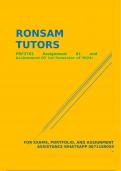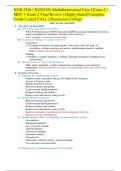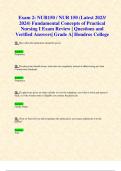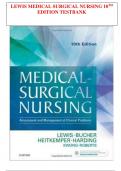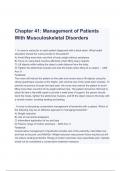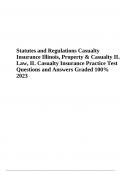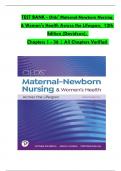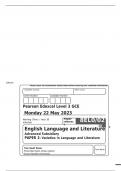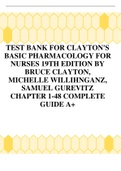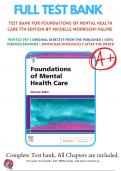Exam (elaborations)
PRF3701 Assignment 01 and Assignment 02 ANSWERS 1st Semester of 2024. Harvard reference technique used. In-text references provided. QUALITY ANSWERS.
- Course
- PRF3701 (PRF3701)
- Institution
- University Of South Africa (Unisa)
Explain in your own words in three sentences for each concept, what the following concepts mean, provide an in-text reference from any source for each of them, where these are discussed. 1.1 Social learning (5) 1.2 Ethical culture (5) 1.3 Professionalism. (5) 2 Summarise study unit 2.7, in ...
[Show more]
